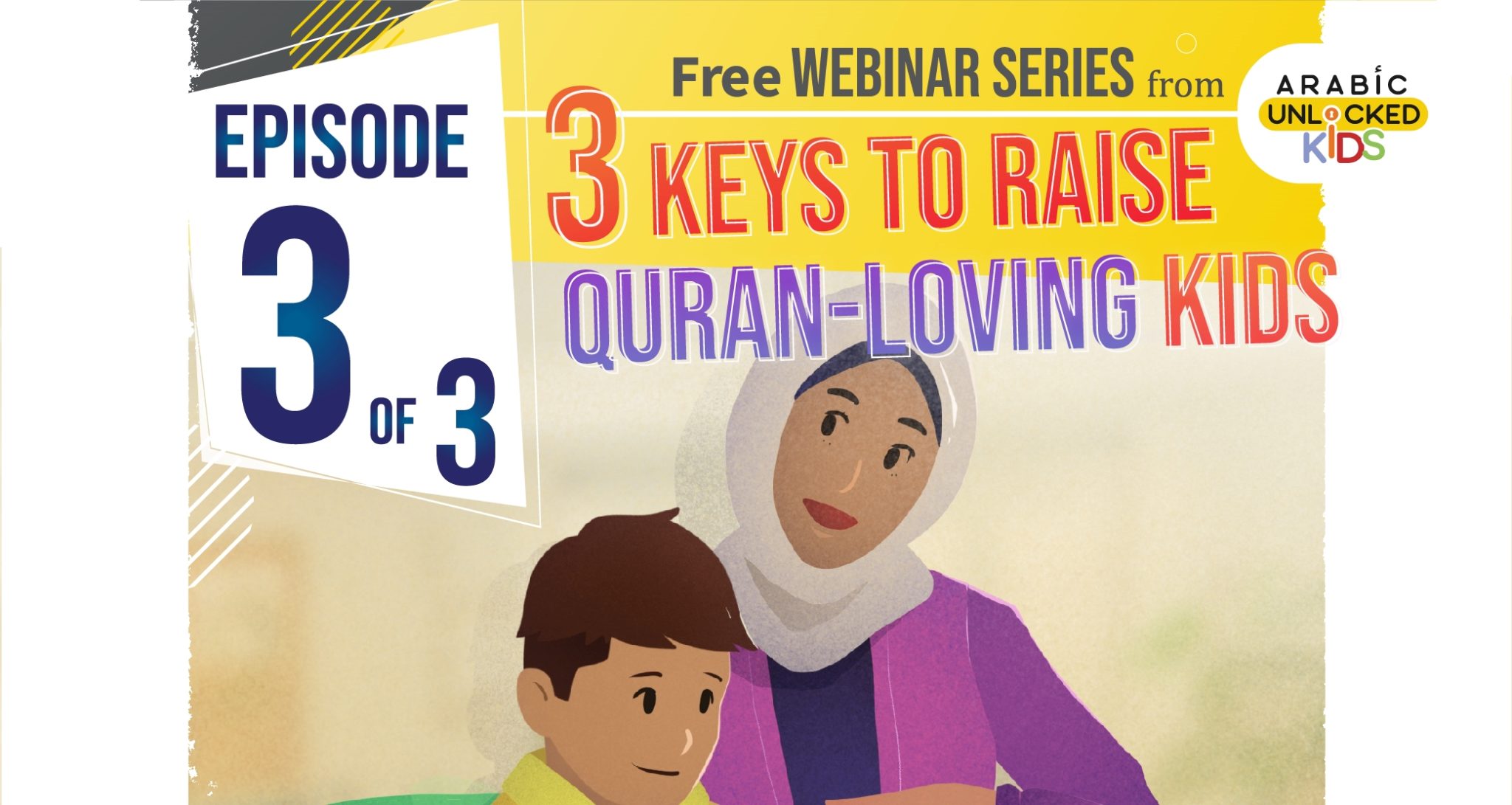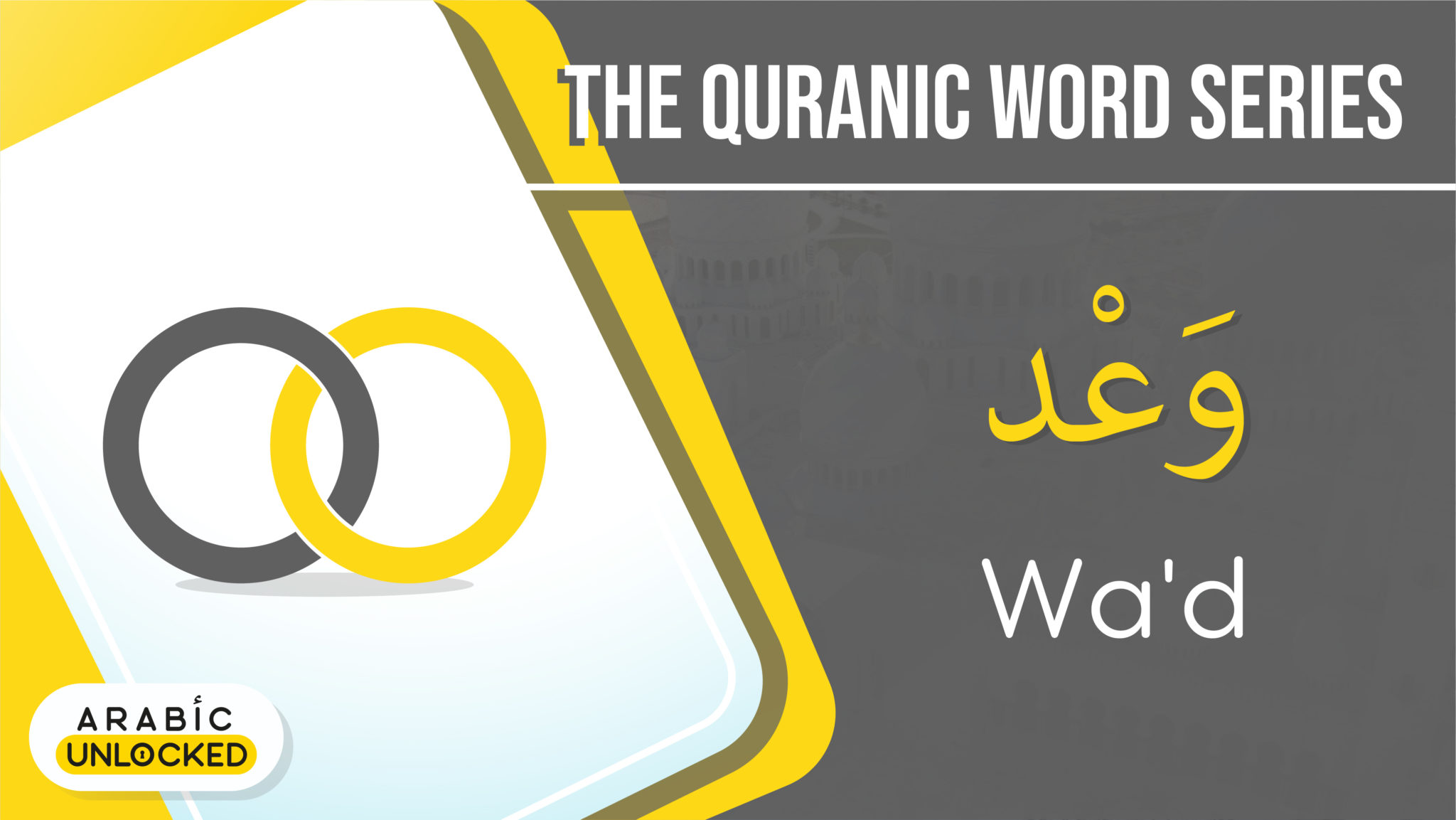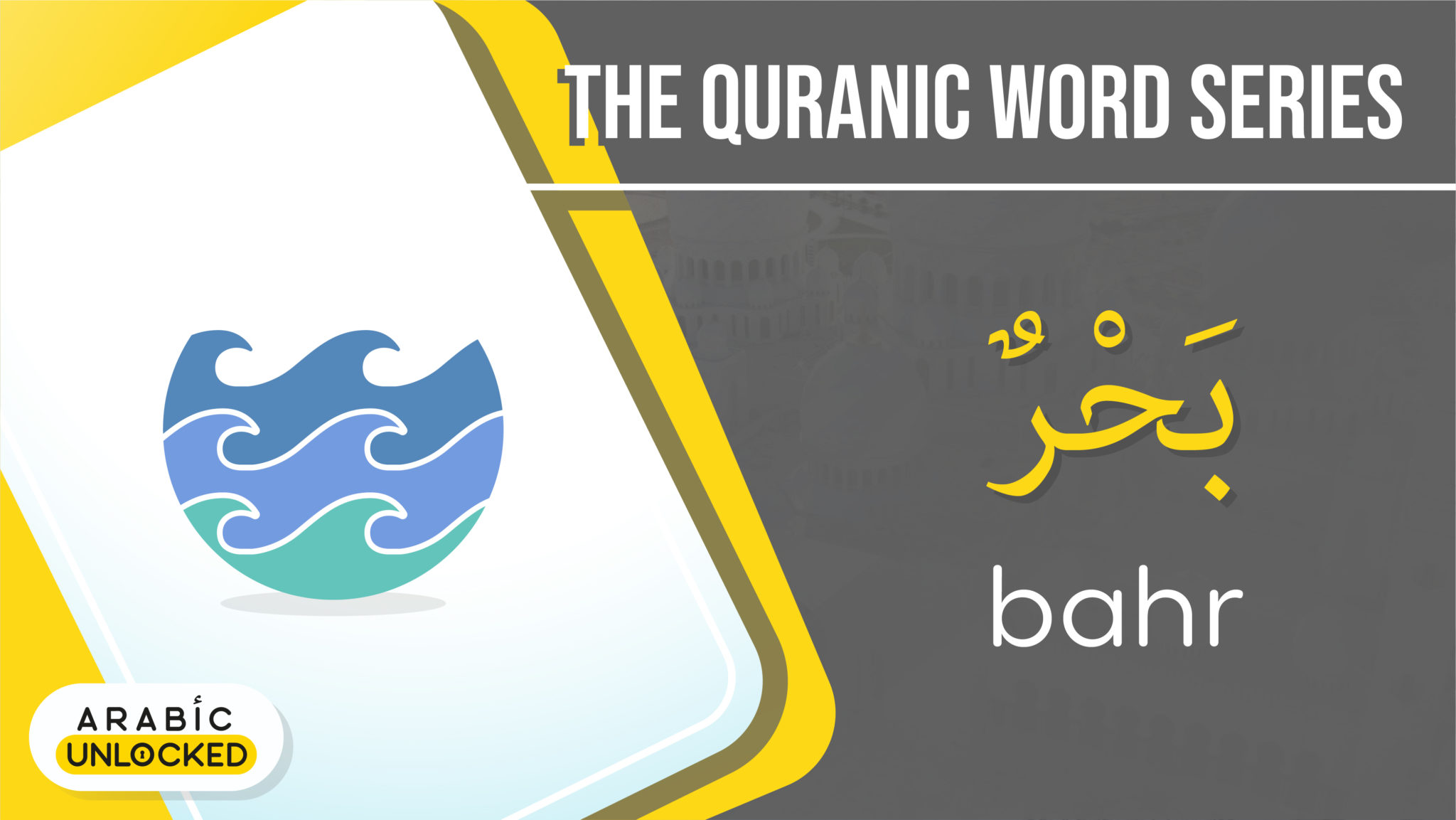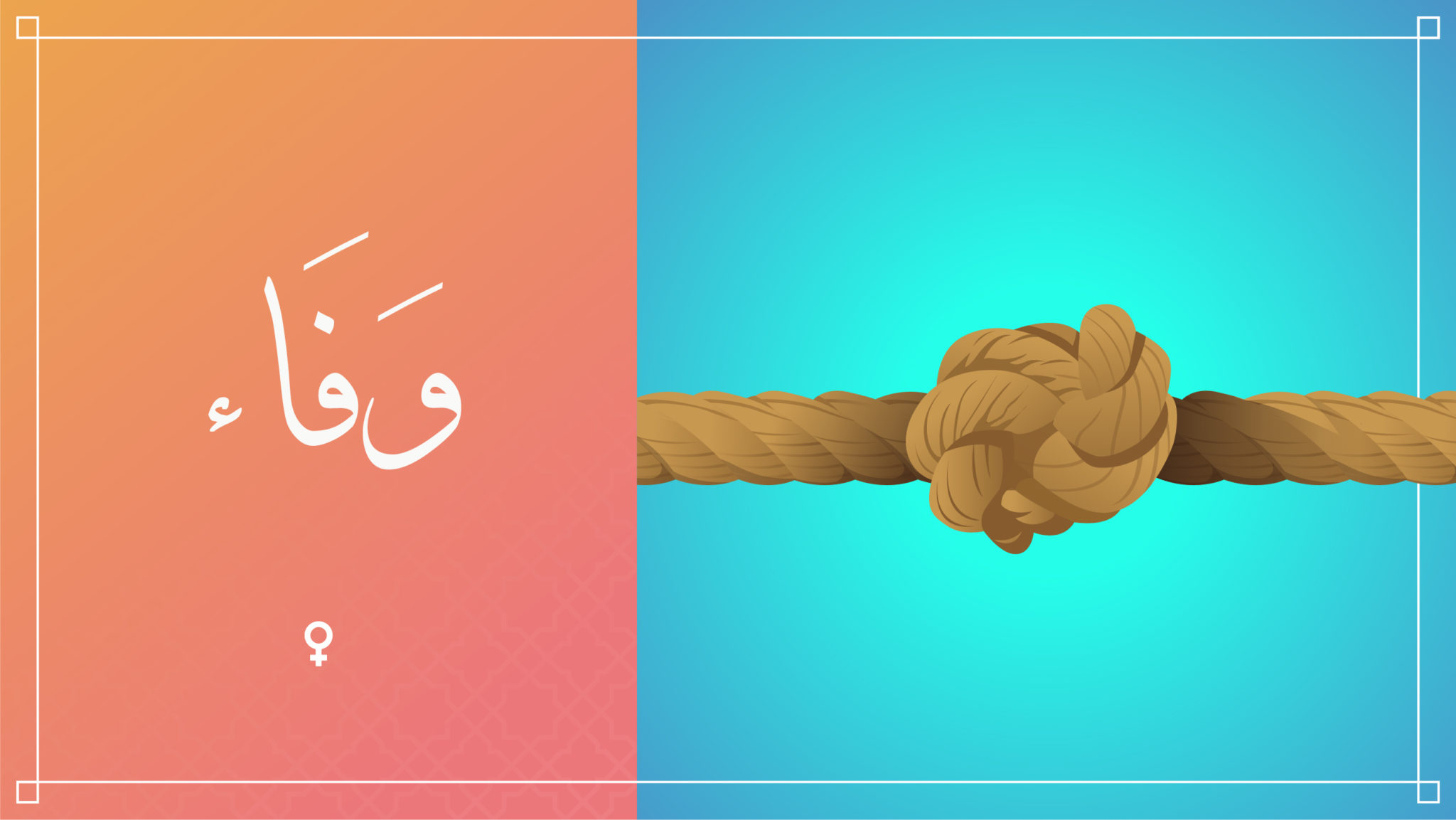
So you’re considering or you’ve decided to learn Arabic. That’s a big step.
The path to learning a new language can be both exciting and daunting. You will have supporters and naysayers. The naysayers might try to discourage you from pursuing learning Arabic when you tell them of your decision. They will tell you how hard it is or how it will not help you to become fluent.
It’s not they don’t believe in you. Chances are, these naysayers probably tried learning Arabic themselves but struggled. It could also be they heard from others that learning Arabic is difficult and it dissuaded them from taking any action on their own.
But the truth is…
It Can Be Easy to Learn Arabic
Arabic isn’t a difficult language to learn. However, there are 7 common mistakes that many students of the language make in the beginning. These mistakes cost students more money and more time. It makes learning Arabic harder or more complex than it needs to be and leads many people to believe the language is difficult to learn.
If you avoid these 7 common mistakes from the get-go, you will remove many challenges that would otherwise put you off track. Let’s discover what these common mistakes are and how to avoid them to put your Arabic learning journey on the fast track.
Mistake #1: Not Knowing Your ‘Why’
One of the mistakes new students of the Arabic language make is not identifying their ‘why’ early in their studies to help them on the path of knowledge.
In today’s world, you’ll find people from all walks of life taking classes to learn the Arabic language. The reasons they have for learning Arabic is as varied as the people who want to learn it. Some need to learn it for employment, others for scholastic reasons, and others because of religion.
Before starting your journey to learn Arabic, you need to be firmly grounded in why you want to learn the language. The more clarity you have, the better.
Numerous studies show that when you have clarity about why you want to reach a goal, you are more likely to stay focused and get things done. Islam also encourages us to pay attention to our intentions.
So take a moment to truly gain clarity on your ‘why’ or your intention. This is your motivation; this will be the sword that slays all excuses and naysayers. Hold firmly to your ‘why’ and use it to learn this beautiful language in a small amount of time.
Mistake #2: Not Knowing Your ‘How’
Many people who decide to learn Arabic have no plan as to how they will pursue the language. With no clear direction, it is easy for their studies to go wild. Students spend much-needed study time hopping from course to course before even getting any traction.
Your ‘how’ is strongly connected to your ‘why.’ If you have identified why you are learning this language or the goals you would like to accomplish by it, you can focus on using the tools that you need to carry out those goals.
Recognise that not all Arabic learning programs are the same. Some are designed for native speakers wanting to learn more about linguistics in higher learning institutes. Some are designed for tourists to get by with the basics when traveling. Some are specifically for non-native speakers to understand the Quran.
Let your ‘why’ guide you to find the right educational programs tailored to your Arabic learning needs so you don’t waste time jumping from course to course and struggling to make progress.
Mistake #3: Assuming Classical Arabic and Arabic Dialects are the Same
Many students unfamiliar with Arabic make the mistake of assuming any starting point will help them reach their end goal. They start learning how to speak common Arabic phrases and then realise it doesn’t help them with their end goal of understand the Quran, or vice versa.
Like many other languages, the Arabic language has many variations. It’s important to understand the distinction so you start your journey at the right place and reach your end goal faster. So let’s look into the differences.
There is classical Arabic, which is what you will find in the Quran, on the news, and in universities. It is well known as fus-ha. Then, there are dialects that people speak in their everyday lives. Each region of the Arabic speaking world has its own dialect that is different from the others. Some of these dialects, although their origin is the same, sound quite different from fus-ha.
So, should you learn a dialect or classical Arabic? The answer to this question goes back to your ‘why.’
If you are learning Arabic for business purposes or because you have moved to a specific area, then you want to learn the dialect that is specific to the area you will work or live in. If you are learning it for religious purposes, learning Quran and other Islamic texts, then you should learn classical Arabic.
Mistake #4: No Tutor
This should be self-explanatory, but many students begin studying Arabic without any guidance or aid. This wastes a lot of time and energy.
Buddying up with fellow colleagues who are learning themselves may help you with motivation and support, but it is not going to help you accelerate your learning path. Now, in hiring a tutor, you must be selective. Remember, your methods of learning the language may differ according to the reason you want to learn it.
So, your tutor needs to be someone who can tailor to your ‘why.’ For example, if your reason for learning Arabic is to be able to read the Quran and understand it, then hiring someone who has memorized the Quran, its pronunciation and explanations would be more suitable for you than the engineer who is teaching Arabic to his non-Arabic speaking colleagues.
Having a tutor from the beginning helps to build a solid foundation for you to stand on as you progress in literacy and fluency.
Mistake #5: Using Transliteration for Reading
Transliteration is the use of English letters to spell Arabic words. The intention is for the reader to be able to pronounce Arabic words; however, it falls short. A transliterated anything cannot take the place of the Arabic language, and there are some sounds in it that are not found in English.
Therefore, there must be some symbols created for those letters. Transliteration then becomes a crutch and slows down the progress of reading Arabic. You must learn to recognise the Arabic letters for what they are and not symbols for something else.
So, skip the transliteration. If you don’t know how to read Arabic letters yet, it might seem like this requires more effort. The effort will pay off in the end. Think of it like making sure your car has the right fuel before starting your a road trip. In the long run, the right fuel will take you further faster, with more efficiency, and with fewer engine problems.
Mistake #6: No Daily Arabic Practice
To become proficient in anything, you must practice. When it comes to language acquisition, this is especially true. You can never become fluent in any language if you do not speak it. Arabic has a long oral tradition, so there are many words in the language that are appreciated more if practised orally.
Do not be embarrassed. Take every opportunity to practice Arabic verbally, and not just with others in your course. Stores, libraries, parks, and malls are all suitable places to practice what you’ve learned.
Mistake #7: Using Only One Method to Learn
In general, the method of gaining new knowledge in the Arab world has been through rote memorisation. Their minds are strong, and they can recall a lot of information verbatim.
This does not work for non-native Arabic learners. There simply is no point of reference. Sitting in a class memorising texts that you have learned to read fluently will not help you. There must be an anchor for you to climb on.
Because of today’s technology, finding courses to suit your needs is easier than ever before. Online searches can pull up physical classes all around the globe. You can also easily access virtual classes online. These classes can be tailored based on when you want to take them and how you take them.
Virtual classes often solve some of the language learning obstacles. They are flexible and self-paced, getting rid of the excuse of time limitations. Most have a video feature so that you can hear how the words are pronounced.
Try a few different methods and see what works best for you. This doesn’t mean fleeting from one course to another. What this means is exploring the different ways of learning and revising to supplement your journey, from reading and writing to watching videos or listening to audio while you’re on the go.
Do You Want to Avoid These Mistakes?
If you want to avoid these common mistakes and get discover an easier way to learn Arabic, enrol for our Quranic Arabic Unlocked Program so you can easily reach your Quranic Arabic goals with our proven 4-step system to unlock Arabic. If you take action today, you’ll also get 7 free bonuses worth £755.80.







salam
how do i get a tutor online to coach me practising my arabic?
can u help me by assigning someone . my purpose of learning arabic mainly to understand the quran besides able to communicate with arabic speaking colleagues.
rgds
MBM
Waalaikumussalam,
We encourage you to check out the courses in our Academy. Although we don’t have personal tutors to assign one-to-one, it is a self-paced course with tutor support if that’s what you need.
I’m interested in learning Arabic so I can read the Quran with greater understanding and to pray properly! With pronouncing words correctly and to be able to communicate with family and friends that speaks Arabic ok I appreciate any help’!
I’m interested in learning Arabic so I can read the Quran with greater understanding and to pray properly! With pronouncing words correctly and to be able to communicate with family and friends that speaks Arabic